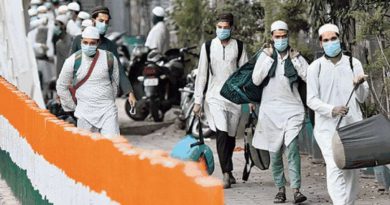Belarus has found spies working for West in state factories, president says
Minsk (Reuters) – Belarusian President Alexander Lukashenko said some employees at state-run factories were secretly working for the West against his government on Thursday after human rights activists reported the detention of 14 workers at a fertilizer plant.
The plant, Grodno Azot, is one of several placed under Western sanctions in response to a violent crackdown on protesters by Lukashenko after a contested election last year. The factory was also a hub of those same mass protests.
Lukashenko did not mention the plant or go into specifics in his comments, saying only that state employees were passing on information about how the government was nullifying the effect of the sanctions.
He did not say which Western countries were allegedly involved in the remarks at a meeting with officials reported by the official BelTa news agency.
“I have information that a few scoundrels are still there in some places, and they set themselves the goal of informing the West about how (Petr) Parkhomchik (Minister of Industry) and (Yuri) Nazarov (Deputy Prime Minister) are trying to circumvent the sanctions,” he said.
“They actually spy and hand over information there.”
Those caught spying for the West against the government should be punished, he said.
The authorities have not commented directly on the detentions at the plant reported by human rights group Viasna 96, which said the employees were being held at a pretrial detention centre run by the KGB security police. The KGB could not be reached for comment.
Lukashenko said the spies in the factories “are people who deliberately harm our economy, as well as our state, for money from Western special services”.
The European Union says it is preparing new sanctions after accusing Lukashenko’s government of engineering a migrant crisis on the Belarusian borders with Poland and Lithuania. European Commission President Ursula von der Leyen last week called it a “hybrid attack” on the EU.


